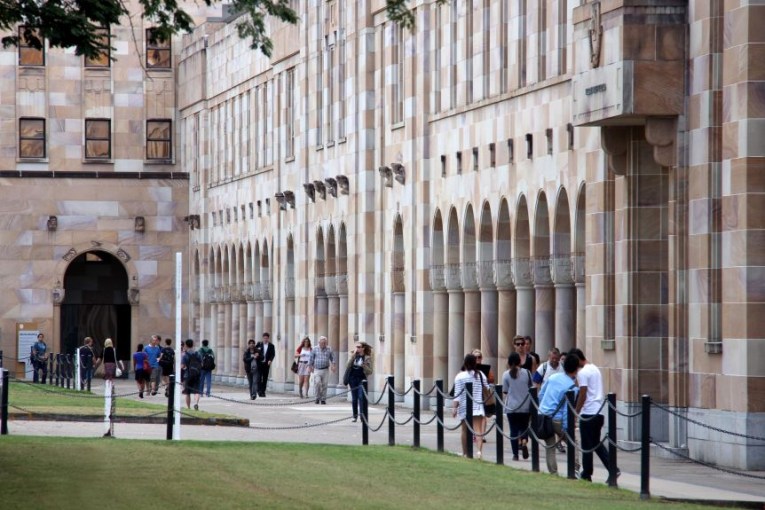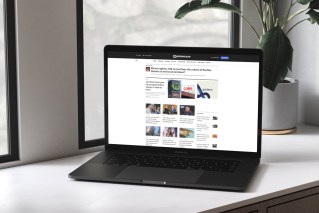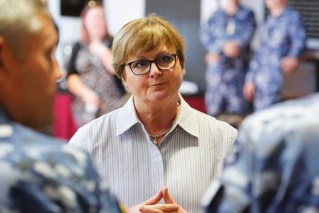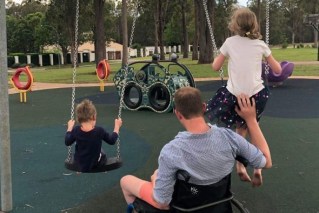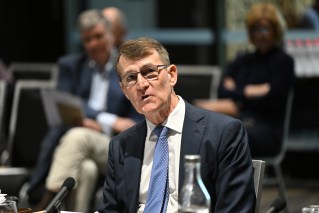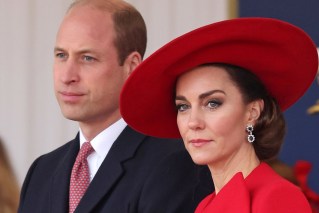Chain reaction: Brisbane urged to let bicycle riders take over our streets
Governments needed to respond to an explosion in the number of people in southeast Queensland using e-bikes and other forms of active transport fuelled by the COVID-19 pandemic, according to progressive think tank The McKell Institute.

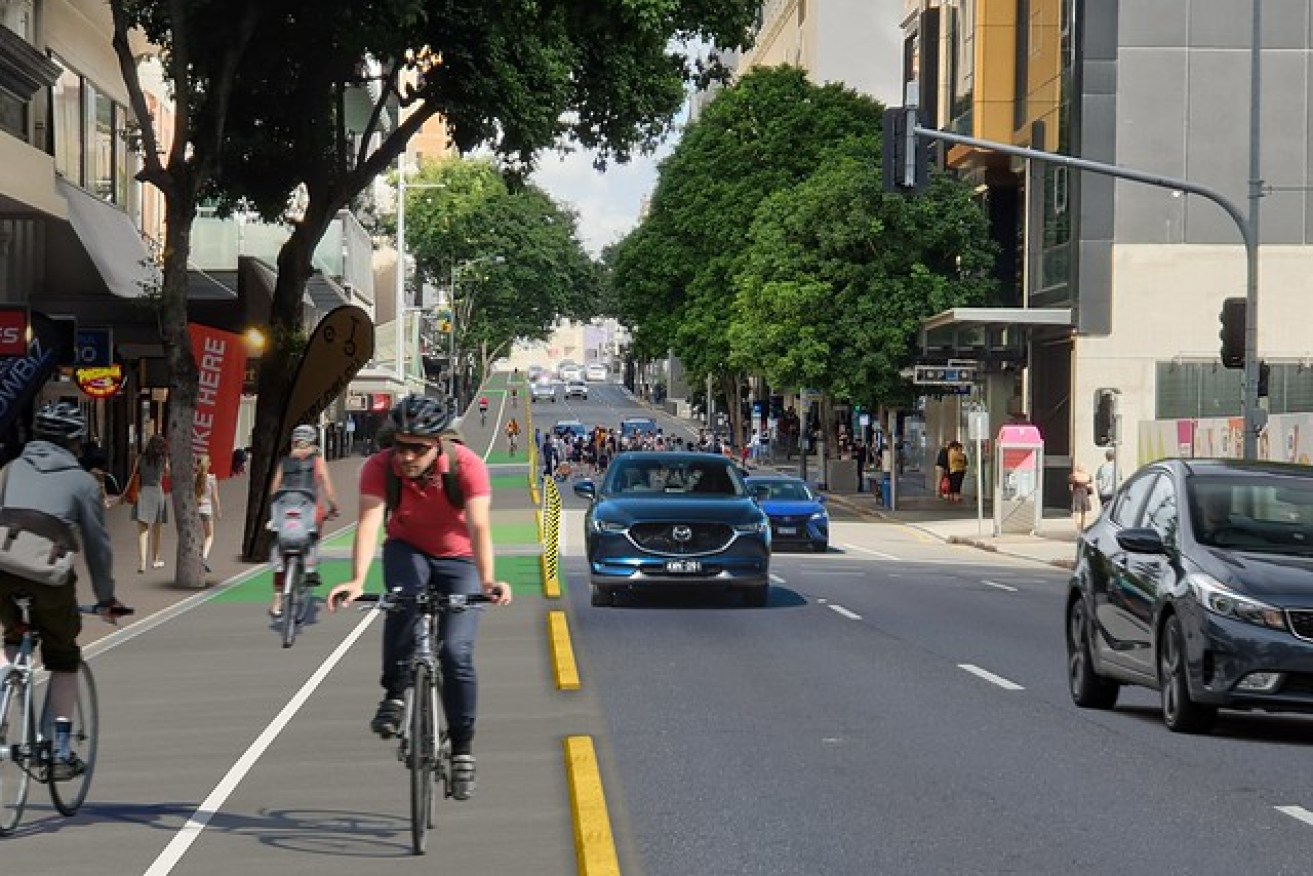
Arts impression of the Citylink Cycleway. Photo:BCC
The Institute has released a report arguing that state and local governments should recognise the region is undergoing an “active transport revolution” which has only accelerated under the pandemic.
The report, co-authored by former Bligh government transport minister Rachel Nolan and Griffith University planning academic Rutvika Manojkumar Kanani, says government attitudes to the take up of e-bikes in particular should switch from trying to mitigate risks to realising their potential.
“Two convergent trends, the rise of electric-assisted or e-bikes and the coronavirus pandemic are pushing people onto bikes in large numbers,” the report states.
“Infuriatingly, a lack of preparation, particularly at a local government level, means the opportunity to seize that moment and translate it into sustained transport change is passing day by day.”
It urges the acceleration of existing policy to install more dedicated bike lanes for commuters around Brisbane and wants local councils to shut down inner city roads to cars on weekends as a way of encouraging more people to use bicycles.
Brisbane City Council last month responded to the surge in people riding bikes in the city by announcing a Citylink Cycleway trial involving building pop up dedicated bike lanes on Edward St, Elizabeth St and Albert St by early next year.
The surge in the use of e-bikes and motorised scooters to get around the region has been one of the more visible recent changes in the nature of urban living in the region.
E-bikes are bicycles with a rechargeable battery that kicks in when the rider pedals, allowing for easier, faster movement. Recent estimates suggest e-bikes now account for about 30 percent of all bicycle sales in Australia.
“With the average southeast Queensland commute standing at 17.4km, the potential of e-bike commuting if safe bike lanes were provided is obvious,” the McKell Institute report states.
“To this point, Australian governments have responded to e-bikes through an entirely negative framework, one which has mitigated their risks rather than captured their possibilities.”
A Bicycle Queensland survey conducted in May found that bike retailers were experiencing sales growth of between 50 percent and 500 percent depending on the category of bicycle.
Another survey, by toll-road operator Transurban, suggested that bike use in Brisbane had jumped by 36 percent since the pandemic began.
The same survey found that 71 percent of people expected to use a bike to get around in the future, compared with a 15 percent drop in the number of people who expected to use public transport.
The growing popularity of cycling has led to innovative policy response in some cities.
The Columbian capital of Bogota introduced “Ciclovia”, a practice of closing 120km of inner city roads to motor vehicles from 7am to 2pm every Sunday, encouraging people to safely cycle, run and walk without fear of traffic.
Forms of “ciclovias” have since begun in cities such as Jakarta, Kuala Lumpur, Mexico City and Paris.
